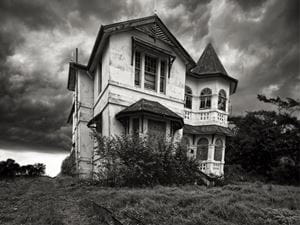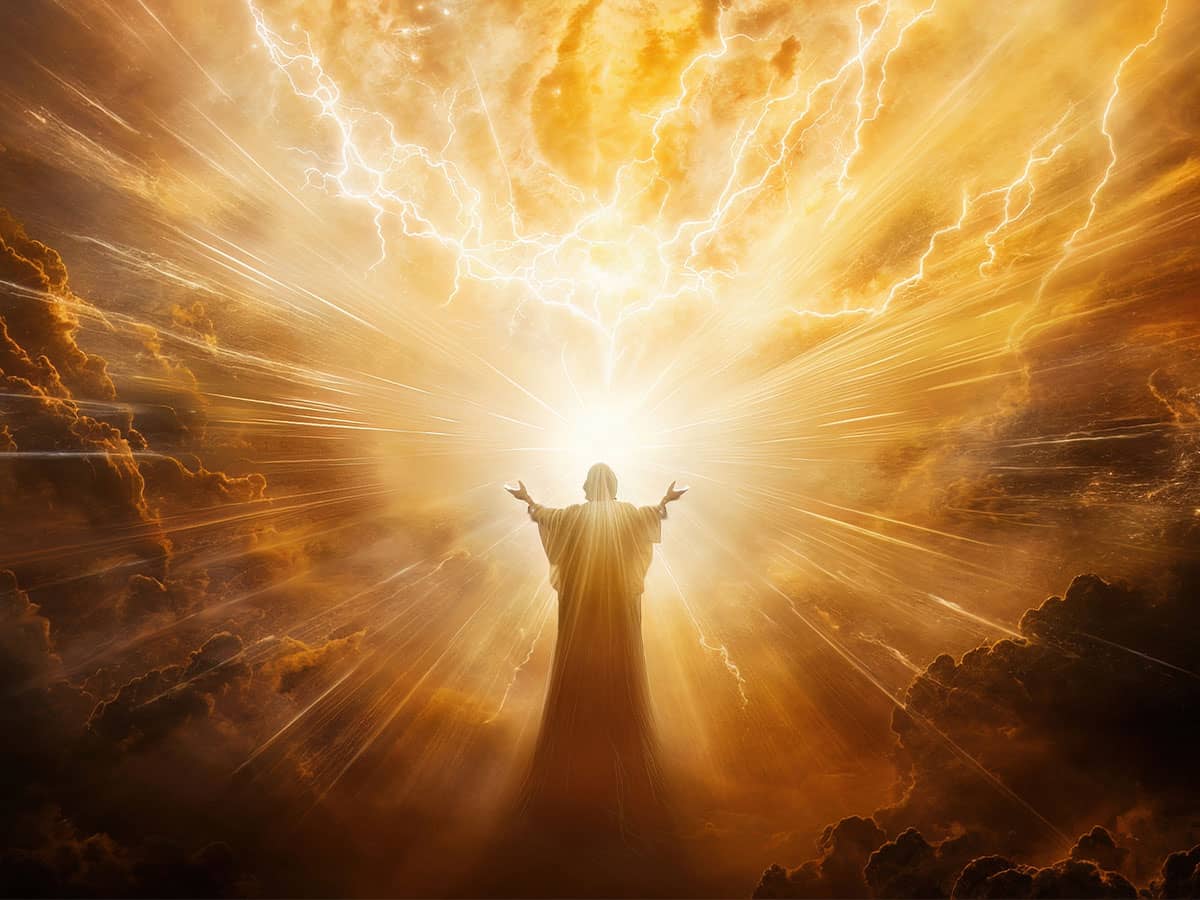
Whenever people envision a camping trip, they probably picture a group of people sitting on logs around a fire. After everyone has finished roasting sausages or hot dogs for dinner, the deep woods steadily darken and the friends swap scary stories in the night. At a sleepover, parents know that their children and their children’s friends are likely hiding under blankets telling each other terrifying tales that totally happened to their brother’s friend’s roommate’s cousin. Around Halloween, towns and cities set up corn mazes that are filled with scarers in frightening costumes while tourists and locals alike pay to be shown the most haunted places in the area and told how the people that once resided there met their gruesome ends and became vengeful spirits.
Ghost stories are nearly as old as human civilization. If ancient tales of mythological monsters count as ghost stories, then ghost stories would probably predate agriculture much less writing. These fantastical narratives are one of the most enduring forms of fiction on Earth, and it seems as if every town has at least one bridge, building or patch of woods that is said to be the home of an angry spirit of some sort. Though most people think of scary stories as being set in rural areas, remote roadsides or sparsely inhabited parts of cities, even bustling metropolises are not free from homegrown horrors. Tokyo, after all, is the largest city on the planet in terms of size and one of the largest in terms of both population and population density. Yet, there is no shortage of tales about the Kuchisake-onna, Teke Teke and Aka Manto among Tokyo’s inhabitants.Despite how popular and enduring ghost stories are, not everyone is convinced that the survival of these sorts of tales is a good thing. There have always been questions about whether ghost stories, which are usually bloody tales of revenge, encourage or desensitize people to violence. Others have wondered if there is something sexist about the stories given how often the victims in such tales are young women who are either the unfortunate soul who provokes the ghost or the person who died to become the ghost. Parents of all generations, of course, are wary of accepting scary stories into their homes given that children often underestimate how much terror they can take before they are staying up all night with the lights on or can easily be goaded into listening to the story even if they know it is a bad idea. There is no counting how many parents have awakened at 3:00 a.m. to find that their child has refused to go to bed or has turned on every light in the house in an attempt to keep some fictional monster away.
Given that ghost stories almost by definition involve some sort of supernatural element, there are also people who wonder if scary stories are inadvisable for spiritual reasons. Christians are almost always worried about temptation and inadvertently opening the doors for demonic or unfriendly spiritual forces. To some, ghost stories represent a potential invitation to the demonic. To others, there is nothing inherently demonic about scary stories, but legends of supernatural forces besides biblical ones are seen as heresy. In either case, many Christians are wary of telling or listening to scary stories especially where their children might hear.
There is no reason, however, for Christians to not take part in telling ghost stories if they enjoy such things. In fact, ghost stories might be beneficial for those who enjoy frightening things. Many ghost stories have some sort of moral buried inside of them. They function, essentially, like fairy tales did for centuries, and many ancient fairy tales are closer to modern ghost stories than the contemporary, carefully sanitized versions of the same fairy tales. Scary stories teach a lesson of some sort. The terrifying tale of the Japanese Kuchisake-onna, for example, could be boiled down to a basic “do not talk to strangers.” Other common ghost story themes involve being careful of poking around in other people’s business as well as listening to one’s instincts. After all, anyone who has ever watched a visual retelling of a ghost story in the form of a scary movie has probably shouted at the characters on screen for being idiots. Western ghost stories also tend to have an ending where good triumphs over evil. Eastern tales, on the other hand, focus more on cautioning people against toying with forces they do not understand. Ghost stories about vengeance and revenge can be seen as warning people against cheating or harming others as the cheater will eventually have to pay their due.
Christians who are uncertain about ghost stories do not have to draw purely from urban legends such as the Vanishing Hitchhiker or the more modern Slenderman. There is an entire repertoire of frightening stories that were written by Christians, for Christians. These tales primarily deal with greedy or slippery characters who make deals with the Devil or his demons. Naturally, things do not end well for those making such deals. Such tales serve as vividly memorable cautionary tales against giving into temptation and may stick with people for longer than proverbs or Bible verses. The human brain, after all, tends to remember stories and their emotional impacts better than sayings or statements. Do not think that these tales are less frightening than so-called secular ghost stories either. The Black School has sent shivers down spines for centuries, and legends about Dr. Faustus are considered classics. Besides, it is difficult to find anyone who was not frightened while watching “The Exorcist” or unnerved by “The Omen” both of which are based on Christian ideas about the demonic.
Christians do not have to be worried about telling ghost stories from a spiritual perspective. The tales act as vital warnings against temptation, vice and the demonic. There is nothing to fear from sharing such stories around a campfire, under the covers or at Halloween save for the fun sort of fright that comes with discussing things that go bump in the night.

